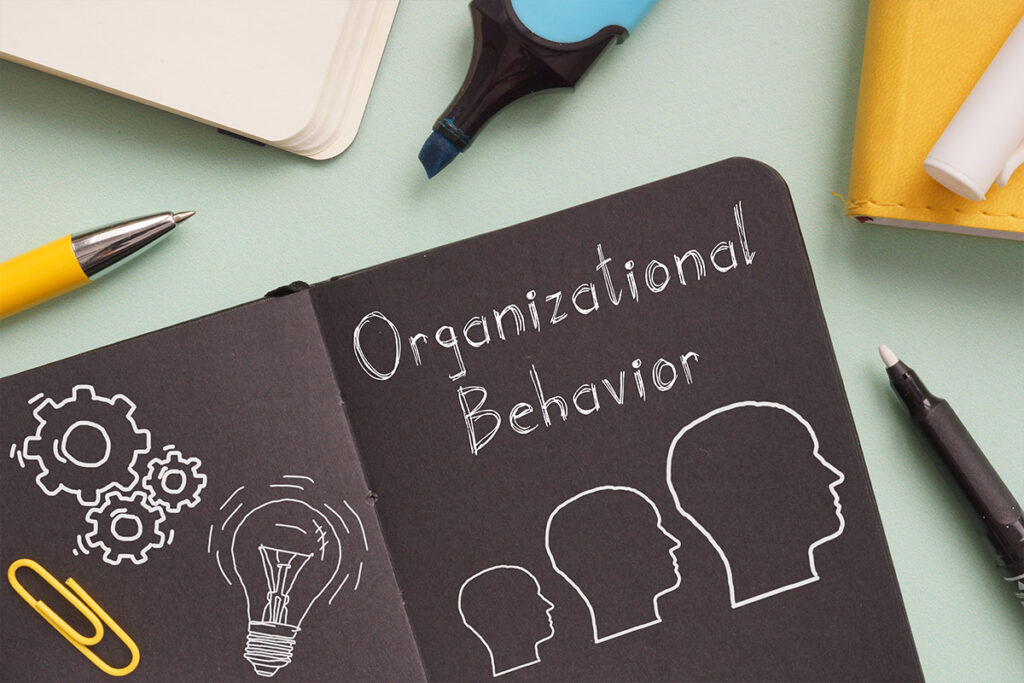Organizational behavior is the study of how people may behave within a company, including how they interact with each other, how they communicate, and how they approach problem-solving. The discipline draws on insights from psychology, sociology, and other fields to better understand the dynamics of organizations and how they can be improved. There are four key elements of organizational behavior: individuals, groups, structure, and culture.

Individuals
Individuals are the foundation of any organization, and understanding their behavior is critical to improving organizational performance. Individual behavior is influenced by a range of factors, including personality, motivation, and perception. For example, individuals with different personalities may approach work differently, with some being more introverted and others more extroverted. Motivation is another key factor that can impact individual behavior. Individuals who are highly motivated may be more willing to take on challenging tasks and work longer hours, while those who are less motivated may require more guidance and support to achieve their goals. Perception also plays a key role in individual behavior, as individuals may perceive the same situation in different ways, depending on their past experiences and biases.
Groups
Groups are another important element of organizational behavior. Groups can be formal, such as work teams or committees, or informal, such as cliques or social networks. Group dynamics can have a significant impact on individual behavior, as individuals within a group may influence each other’s behavior in various ways. For example, group norms may emerge that dictate how individuals should behave within the group, and individuals who violate these norms may face issues with social isolation or other consequences. Group chemistry is also an important factor that can influence behavior, as individuals who feel a sense of belonging to a group may be more willing to go above and beyond to help their group achieve its goals.
Structure
Structure refers to the formal systems and processes within an organization that dictate how work is organized and how decisions are made. This includes elements such as the organizational hierarchy, job roles and responsibilities, and communication channels within the business. Structure can have a significant impact on organizational behavior, as it shapes the way individuals and groups interact with each other. For example, a hierarchical organizational structure may lead to more rigid communication channels and less collaboration between departments, while a more flat organizational structure may encourage more informal communication and collaboration.
Culture
This is a big one. Culture refers to the shared values, beliefs, and norms that shape the behavior of individuals and groups within an organization. Culture is a powerful element of organizational behavior, as it can influence how individuals approach their work and how they interact with each other. For example, a culture of innovation and risk-taking may encourage individuals to think outside the box and take risks in order to achieve breakthroughs, while a culture of conformity and risk-aversion may lead individuals to prioritize stability and consistency over innovation.
Conclusion
Organizational behavior is a complex and dynamic field that is shaped by a few things, including individuals, groups, structure, and culture. Understanding these four elements is critical to improving organizational performance and creating a positive culture of innovation and success. By recognizing the importance of each of these elements and developing strategies to manage them effectively, organizations can improve communication, collaboration, and overall effectiveness, leading to improved outcomes and greater success.



